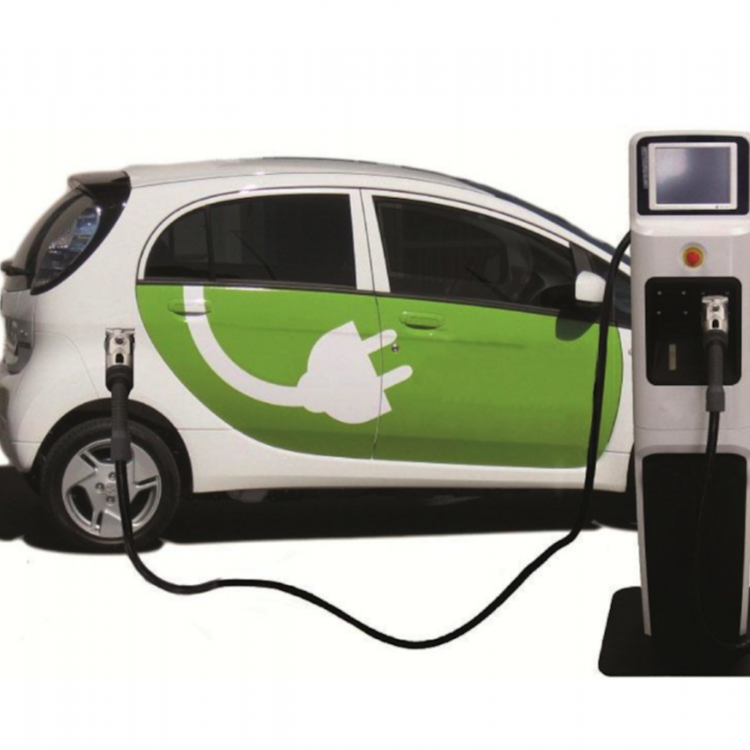Are you interested in applying your AI/DL knowledge to the medical domain?
Research projects in Information Technology
Displaying 1 - 10 of 15 projects.
Environmentally friendly mining of cryptocurrencies using renewable energy
Blockchain technology and its popular cryptocurrencies such as bitcoin and Ethereum have most revolutionary technological advances in recent history, capable of transforming businesses, government, and social interactions. However, there is a darker side to this technology which is the immense energy consumption and potential climate impact of the blockchain and cryptocurrencies.
Connected Cars: Computational Models for Time-Critical Safety Applications
Connected vehicles need to be aware of their surrounding environments. This is impossible without being dependent on many sensory inputs. Sensor data is continually collected and analysed, in real-time in order to perform time-critical and delay-sensitive actions. There are two major challenges 1) limited computational resources (processing power and memory) on cars, 2) transfer of large sensory data to the cloud may is not feasible.
Data storage to enable actionable data via quality care dashboards for clinicians
This PhD project is funded by a DHCRC project "Actionable data for clinicians and external accreditors in support of quality care provision and continuous accreditation". The successful applicant will work as part of a larger research team on this project which includes multiple industry partners.
Smart Charging Strategies for Electric Vehicles in Smart Grids
Short description
The global adoption of electric vehicles (EV) expanded notably over the last decade, created opportunities for grid integration through flexible charging and vehicle to grid. This project aims to develop solutions that will help EV Owners and Fleet Managers with smart charging/discharging decisions and aggregation of EV resources to support the grid.
Project description
Navigation and Point of Search in Road Networks
Modern map-based systems and location-based services rely heavily on the ability to efficiently provide navigation services and the capability to search points of interests (POIs) based on their location or textual information. The aim of this project is to build a next-generation navigation system by addressing limitations in the current systems – such as allowing more meaningful distance measures, modeling uncertainty in data sources and queries, and exploiting rich information from several data sources.
Using Big Spatiotemporal Data for Road Safety
On their own, traffic accidents cause 1.3 million fatalities every year – and improper situational awareness is often a major cause. This project aims to exploit big spatio-temporal data to design intelligent techniques for scheduling and offloading tasks to the cloud and peer vehicles. This will ultimately meet the Quality of Service (QoS) requirements of time-critical road safety applications and increase situational awareness by automatically identifying unsafe road conditions and risky driving behaviors – and sending alerts in real time to affected vehicles.
Eco-friendly Road Transportation
This project aims to harness big data from ubiquitous smartphone sensors to reduce the impact of road transport on the environment. Specifically, we’ll design novel data modelling and indexing techniques to exploit the data and create a next-generation, eco-friendly navigation system which will significantly reduce greenhouse gas emissions and result in fuel saving. The initiative also aims to study the citywide impact of adapting to eco-friendly navigation on traffic, environment and road safety – therefore supporting urban planning and decision-making.
Geospatial Data Analysis
This project heavily focuses on maps (e.g. GoogleMaps or Open Street Map). We will explore various properties of road networks, including the granularity of road networks, routes and trajectories on road networks, and query processing on road networks.
A number of inter-disciplinary collaboration exists, including transportation to hospitals, urban sprawl analysis, and geospatial in sustainability (e.g. analysing placement of rubbish bins on streets).
Big Data Management and Processing
This project investigates 3Vs of Big Data (e.g Volume, Variety, and Velocity).
Volume: Due to the exponential increase in data volume, it is necessary to adopt parallelism techniques to achieve reasonable query response time. The main focus will be on parallel query processing, which is the main driver for Big Data processing

